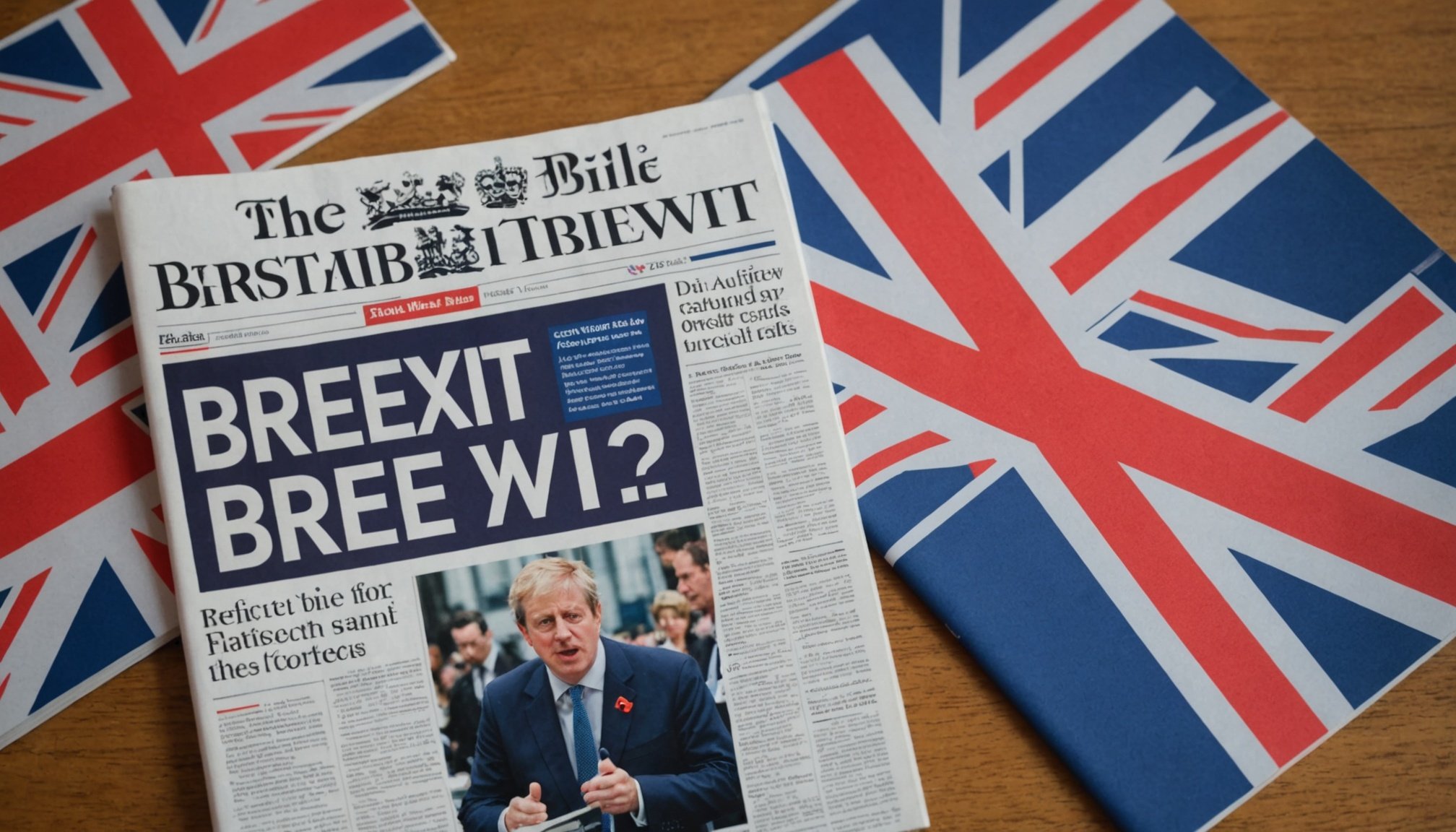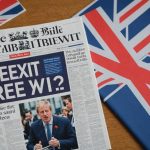Immediate operational changes in UK news media after Brexit
Since Brexit, the UK news industry has experienced significant shifts in newsroom operations and workflows. Media organizations have had to quickly adapt to the altered political and economic environment that Brexit introduced. One of the most notable Brexit effects on media operations is the reevaluation of daily newsroom practices. Many newsrooms reviewed their editorial calendars to accommodate increased coverage of Brexit-related developments alongside other national issues, which demanded more rapid and specialized reporting.
Adjustments to staffing have been pivotal. With Brexit affecting freedom of movement and visa regulations, some international correspondents were reassigned or faced logistical challenges in covering continental Europe. This required UK newsrooms to prioritize hiring or training local correspondents with expertise in EU affairs, ensuring continued comprehensive coverage despite reduced overseas presence. This operational pivot reflects the UK news industry changes where resource allocation had to be optimized in response to evolving constraints.
Also read : How are recent UK news stories affecting public trust in media?
Leading media organizations responded proactively to these challenges. Initial strategies included restructuring teams to maintain efficiency and introducing new workflows tailored to geopolitical shifts. For example, editorial teams incorporated Brexit liaison roles to streamline communications between reporters and policy experts. The transition also involved enhanced digital collaboration tools designed to support dispersed teams adapting to uncertain circumstances post-Brexit.
In summary, the newsroom adaptation following Brexit has been multifaceted, encompassing operational restructuring, staffing modifications, and strategic repositioning—all aimed at maintaining robust news coverage and journalistic integrity amid evolving conditions. These immediate changes underscore the resilience and flexibility demanded of the UK news industry in a post-Brexit landscape.
Also to see : What role does the UK press play in shaping public opinion?
Regulatory and legal challenges for UK news outlets
Brexit media regulations shape new operational realities
The Brexit media regulations introduced significant shifts in legal compliance post-Brexit, compelling UK newsrooms to reassess how they operate within altered regulatory frameworks. One major change involved the decoupling from European media standards, which previously offered a more unified set of protocols across the EU. UK news organizations now face a distinct legal environment requiring adjustments in licensing, content distribution, and data protection practices.
Cross-border reporting became more complex as Brexit effects on media operations included tighter restrictions on accessing EU-based information sources and limited data transfers. Newsrooms must now navigate these hurdles carefully to avoid infringements, often investing in legal expertise to maintain compliance. For example, journalists covering EU affairs require new clearances to obtain and share information, impacting the speed and breadth of reporting.
Another dimension of UK news industry changes relates to press freedom. There are growing concerns that new national regulations might constrain journalistic independence or introduce censorship risks. While the UK traditionally values a free press, post-Brexit legal frameworks raise questions about surveillance, data privacy, and the potential for governmental overreach. Media outlets actively monitor these developments to safeguard editorial integrity while meeting evolving legal demands.
In summary, legal compliance post-Brexit is a critical factor reshaping newsroom adaptation. UK news media must balance pursuing robust, timely journalism with navigating complex, often restrictive legal landscapes imposed by Brexit media regulations. This environment calls for ongoing vigilance and strategic adjustments to uphold press freedom and continue delivering reliable news coverage.
Economic impact on funding and resources in news media
Since Brexit, UK media funding post-Brexit has encountered notable fluctuations shaped by changing economic conditions and market dynamics. Many news outlets experienced a reduction in available funding streams previously supplemented by EU grants and subsidies. This decline forced newsrooms to reassess budget allocations and prioritize resources more strategically to sustain operations amidst tighter financial constraints.
Advertising revenue trends also shifted significantly as a result of Brexit’s economic effects on newsrooms. With businesses adjusting their marketing budgets in response to economic uncertainty and trade realignments, UK news media saw variations in advertiser demand and investment. Certain sectors curtailed spending, impacting overall advertising income critical to funding journalistic activities. These financial pressures necessitated cost-cutting measures, such as reducing freelance contributions or scaling back non-essential reporting projects.
Additionally, Brexit influenced media market competition by altering the landscape in which UK outlets compete domestically and internationally. Some media organizations pursued diversification of revenue streams to reduce dependence on traditional advertising and bolster resilience. These included subscription models, sponsored content, and partnerships, each requiring adaptation in both operational and editorial workflows. The push for sustainable funding solutions reflects ongoing UK news industry changes directly linked to Brexit’s economic fallout.
In summary, the interplay between funding availability, advertising shifts, and competitive pressures has profoundly affected newsroom resource management. Understanding these economic effects on newsrooms underlines the complex challenges faced and the strategic responses necessary to maintain journalistic quality and stability post-Brexit.
Changes in editorial focus and reporting tone
Since Brexit, editorial adjustments Brexit have been profound, reshaping the narrative and framing within the UK media landscape. Newsrooms shifted their coverage prioritising UK over EU news, reflecting evolving audience interests and national concerns in a changed geopolitical context. This pivot is a direct outcome of adapting to the new realities imposed by Brexit’s political and social effects.
One key characteristic of this shift is the recalibration of tone in Brexit-related reporting. Early post-Brexit coverage often carried a heightened sense of urgency and division, mirroring public debate intricacies. Over time, the editorial stance became more nuanced, balancing critical analysis with efforts to contextualize ongoing developments. Media outlets increasingly emphasize domestic repercussions while maintaining some level of EU relations coverage, albeit less prominently.
Examples of changes in editorial stance can be seen in how newspapers and broadcasters frame trade agreements, immigration issues, or regulatory changes. Some adopt a more sceptical or cautious tone, scrutinizing government promises and policies, while others promote a pragmatic approach to the UK’s new international positioning. These tonal variations illustrate the UK media reporting style evolution attributable to Brexit’s long-term impact on editorial decision-making.
Ultimately, these editorial shifts embody strategic newsroom adaptation to audience expectations and political realities. The nuanced editorial adjustments Brexit ensure content remains relevant and engaging while navigating complex public sentiments and geopolitical transformations.





